




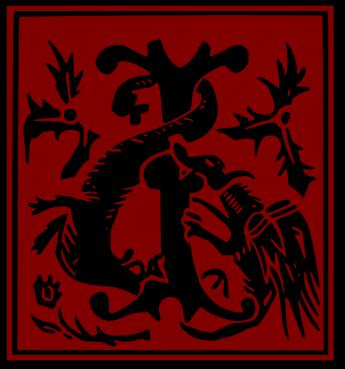

n fear of evil, of spirits unchecked, ambitions of the lowly and the highly, i, a queen of of the Kingdom of Bactria in India and the Lama of the faith of Buddhism, have taken upon myself to write the story of not only my reign, but to expand upon the legacy of my family and the journey we have all taken up to this point. Though there are a plethora of threats to once self, non is greater than time. For in its irresistible and ceaseless flow carries along on its flood all created things, and drowns them in the depths of obscurity, no matter if they be quite unworthy of mention, or most noteworthy and important.

Though there are many great men and women who write in many scrolls and those scrolls are well kept in the many libraries of the world. In Eratosthenia we have knowledge. In Baghdad there is knowledge and in every corner of the world one can find bright spots of equally treasured knowledge. This is our knowledge. Our history and our Truth. In this book i shall attempt, for i do not claim be the greatest scholar yet i cannot be, nor should i be seen as one who lacks in the art of words, to do my best. Though my education was mainly focused in military affairs which was truly alien and unique to my era, i did not dare to not read upon the classic works of both Greek origins and of Indian ones. Unfortunately, i had not the time to learn the language myself but skilled scholars had translated the works of Bramha Gupta, Bhaskaracharya and others. It was a privilege to be born at the station that i am with access to all the things one could ever hope or want in this world and though the time to write this book is very short due to the constant threats this kingdom faces, it is my one wish to finish it before i shed my mortal coil and be reborn.


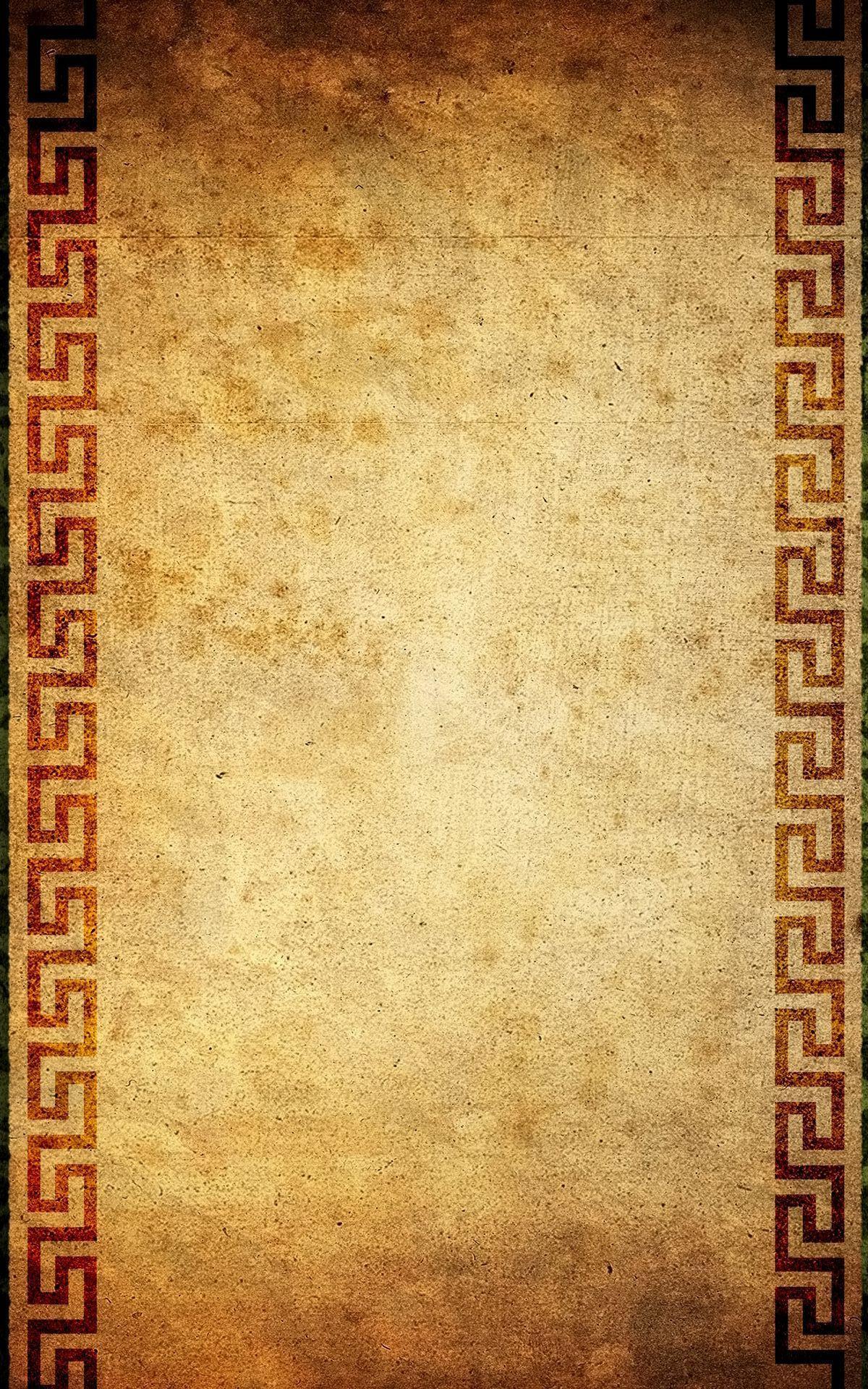
Before i begin this journey however, it is only proper to call upon Avalokiteśvara. For he will guide me as my muse with his compassion and infinite wisdom to put on paper nothing but truth and hopefully distance myself with illusions of grandeur and write a book that future generations will be able to read and understand what happened here. This book shall be written in the Language of Greek. The ancestral Homeland of my family many hundreds of years ago but shall be, if finished, translated to Sanskrit as it is proper that not only scholars of my language to be able to understand but to be understood by those not of my language.
Many heads of our dynasty have done great things but as this is intended to be a first count of my time, i shall begin from where my memory begins and that is with my father, the Bodhisattva Ashoka 'The Divine'. The founder of the newest School of Buddhism of Yonadharmayana.
I have chosen to narrate his and my doings for i fear the tongues of suspicion and detraction will whisper that writing my father's history is only self-

laudation and that the historical facts and any praise I bestow on myself and him, are mere falsehoods and empty panegyric. Yet i shall argue on the opposite for there are many self-acclaimed "historians" that are given many lavish gifts from rulers in order to write what they want. I have no such temptations or urges for i have all that i could wish and no man or woman alive could gift to me something that i would crave. Whatever i write about myself or others that i have lived with that is true cannot have negative repercussions for there is no law against the truth and evil minds who might go after me shall be brought to justice before they are even able to sharpen their blades. He who undertakes the "role" of an historian must sink his personal likes and dislikes, and often award the highest praise to his enemies when their actions demand it, and often, too, blame his nearest relations if their errors require it. He must never shirk either blaming his friends or praising his enemies. It is of paramount importance to search for the testimony of those who have seen the actions, and the men and their actions the fathers

of some of the men now living, and the grandfathers of others were actual eye-witnesses.

Now I must begin my father's history at some definite point, and the best point will be that from which my narrative can be absolutely clear and based on truth. From trusted sources i shall begin with the events that occurred when he began his rule.
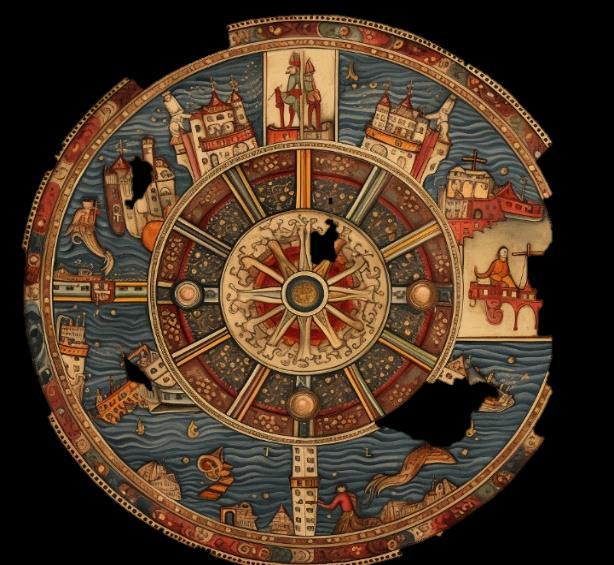

y father, who was born on the twenty eighth of Octomber 1122 whose father was Prince Menander ‘The King Who Never Was’ who was born during the reign of Basielus Aristarchus ‘The Fearless’ or as the Mohammedans know him ‘The Terrible’ was the second son and first male of the Basileus. Out of fear of derailing this history with the feats of all my ancestors I shall with great haste retell the important events that led up to the ascension of my father as Basileus. My grandfather, Menander was a great scholar of religion. From his early age he had received tutoring from some of the greatest minds of the era like Namdetsen Lomi the Tibetan and Ioustinianos Karabitenos who himself was part of the dynasty. All signs were pointing to an enlightening rule and he himself had confessed that his was on the verge of a great understanding of his purpose and task in this life
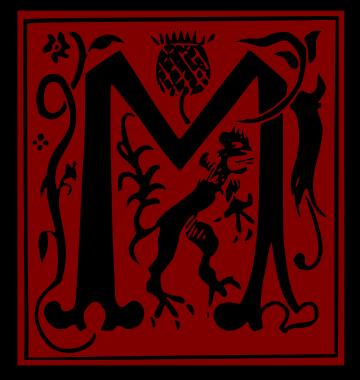
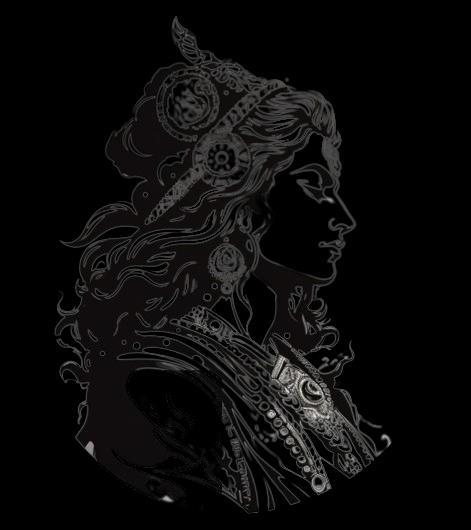
Yet it was not meant to be. Around the year 1150, Basileus Aristarchus in a war of aggression and ambtion had decided to declare war against the Husayn Amirate whose realm stretched from Bhakar to the entirety of Gedrosia. Three weeks before the war was to be declared, Aristarchus had traveled to an old temple in Bamian. There it was said a wise and oracle resided. Hoping for good omens to encourage himself and his troops he traveled to that holy place and sought her wisdom.

This telling is from the writings of my great grandfather and from reading it I believe it is true for I can see and feel his pain and doubt and anger in his words.
The room was cold yet elegant. Very few candles were lit barely to be able to see where I was going. The room was cold yet the oracle on the center of the room seemed to not mind. Various ingredients were burning next to her creating a maelstrom of aromas. I sat infront of her and after offering a few gifts asked her wisdom for the war that I was about to start. The Oracle took a few deep breaths and read
the scrolls infront of her. Yet I was buffled for there were no letters on those scrolls. The smoke grew denser and denser until the oracle clapped her hands and suddenly all the smoke dissapeared and she spoke
“Mighty King with Mighty Deeds

Proud you are for what you did You seek glory and fame But have forgotten the noble way”
“So hear me now noble king with your crown so high
The drums of battle call, tempting and grand, But beware, for danger lurks in a strangers’ land.”
“Glory you will find but you will despise it
Victory you may have yet bitter it will be Yoy shall walk amongst the living but in the realm of dead you will belong”
“Ambition's fire blinds your sight, But war shall claim your heart's delight. In the fields where swords will clash, Your blood shall become eternal ash “
“So let not war's deceit lure you astray, Treasure each life, act in the Dharmic Faith For only then shall peace forever bloom, And spare you from grief and eternal gloom”
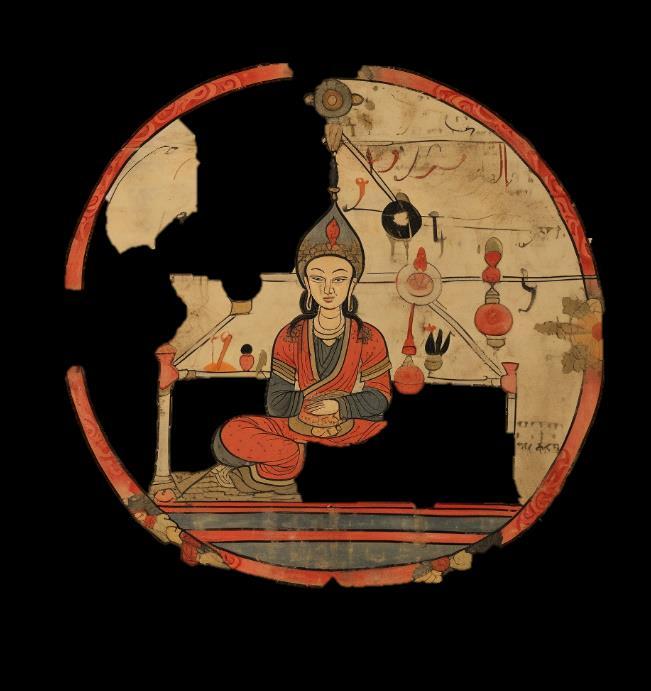

I listened carefully yet did not heed the wise words. Foolish and arrogant I was and it cost me everything. My dear son Menander my pride and joy the future of this realm. He who was destined for greatness I murdered. In my grief I attempted to find solace to the words of the oracle and thus I returned yet I was not welcomed. As soon as I entered the oracle rose with a menacing presence and spoke with the strength of a banshee.
"I warned, dear king, of this bitter fate, But your heart chose war as a mate. Now your son is but a memory faded, In your quest for glory, hope invaded.
"The price of ambition, has your kingdom paid, And now you dare to seek aid”

“Let this tale be a somber toll, Of kings who refuse wise prophets' role. For in their arrogance, they will stray, Their sons' lives lost in power's sway. Beware, o leaders, lest you wander too far, Remember the cost of war's bloody scar.”
I run in terror for despite all my might, my wealth and my strength I felt like a child alone in a monstrous thunderstorm, Helpless and alone witth my dark thoughts and grief. May my family forgive me for this deed.

My Great grandfather would pass away only a few years later from old age and grief. Despite his many great deeds for the realm he could not recover from this tragedy and with my grandfather gone, my father Ashoka would inherit the crown at the age of Thirty. It is here where his glorious reign would begin.




The Crowning of a Basileus and the end of a war t the age of 17 on 11th of March 1138, barely considered an adult, my father was crowned Basileus of Bactria. His crowning was a short event that was performed with great haste for he had inherited a war with the passing of my grandfather. During those years our kingdom was at war with the might kingdom of Chauhan. This war was started by us for the strategic pas of Dipalpur. This city town sits near the Zaradros river which is the longest of the five tributary rivers of the mighty Indus River.
Chauhan had controll this land for many years and they would often use this land as a suitable area to launch raids and invasions of our lands. Their realm had grown tremendously large reaching from the Thikana of Aror next to the Indus, all the way to the lands of the Nepali people. My father took controll of the realm during the second year of this war. By this time our armies had pushed deep into the jungles of Varha. So far the battles were fierce but the ending of the war was near. Our armies which were commanded by the general Apollonios
Kallistos brave man and expert in every sort of strategy, who had fought hundrends of battles in the East and west and come out victor, had with brilliant tactical masterfulness routed every attempt of Maharaja Bhatarka Chauhan to remove our forces from his lands. Here I must confess the bravery of this king for even at his age of about 70 , he did not fear to lead his own armies and his people surely held him in great esteem and respect. He was a good king and treated his subjects with kindness and neither noble nor peasant who were of decent heart could speak ill of his acts and deeds. While compassion and kindness can win wars, they do not win battles. Apollonios for example who was a brilliant battlefield general, he was ruthless with his soldiers and an ill company in times of peace.
When the general heard the news of the crowning of my father he sent a letter to the capital congratulating my father on his accession and his hopes that he would be a ruthless king like his father before him. He also informed him that he would take his army and march many kilometers into the desert

of central Jangladesh and Ajmer to lay siege to the capital of the Chauhans.
When the inhabitants of Chauhan saw the siege engines outside and the enormous towers that had been constructed and the thousands of men who had surrounded the city with hundreds of tents around the walls great dread fell upon them. The siege lasted one month and would have lasted much more had it not been for the good nature of the Maharaja for a ruthless ruler would not mind to starve and allow his subjects to suffer if it meant to buy some more time. He came to the walls and asked the besiegers
“Why have you come and lay ruin upon my realm invader”
The general responded

“Our Basileuis commanded us to take the lands of Dipalpur for they are a vulnerability against us.”
“For many years we have been at war and many have fallen. You may have this small land for it is insignificant to me compared to the rest of my realm. I shall not burn the forest to save a tree. Return to your king and inform him of this. Now remove yourself from my realm and go in peace”
The siege ended and the war was won just like that. The general started his march home and as soon as he entered through the newly acquired lands he established a few garrisons in the major towns of the area. Their integration was much easier than other lands for here there were mostly Punjabi people with whom the Bactrians have had great relationship with and they were following the teachings of the Buddha. The general would soon disperse his levies and have some lesser commanders to guide them back to their farms and lands to continue their peace time occupations. For his return, Basileus Ashoka had organized a great celebration to showcase not only his respect for the general but also the fact that his kingdom was prospering and would continue to do so under his rule.

As Apollonius entered through the main gates of Eratosthenia, trumpets sung of his glorious return. The streets were filled with many people throwing flowers on his pathway. Banners of the Dynasty were flying proudly above everyone’s head. It was a splendid sight and I wish I was born to have been able to witness his return for people even now, years after his passing talk about his prowess. for his bravery and leadership, my father gifted to the general the lands of Rajanpur.
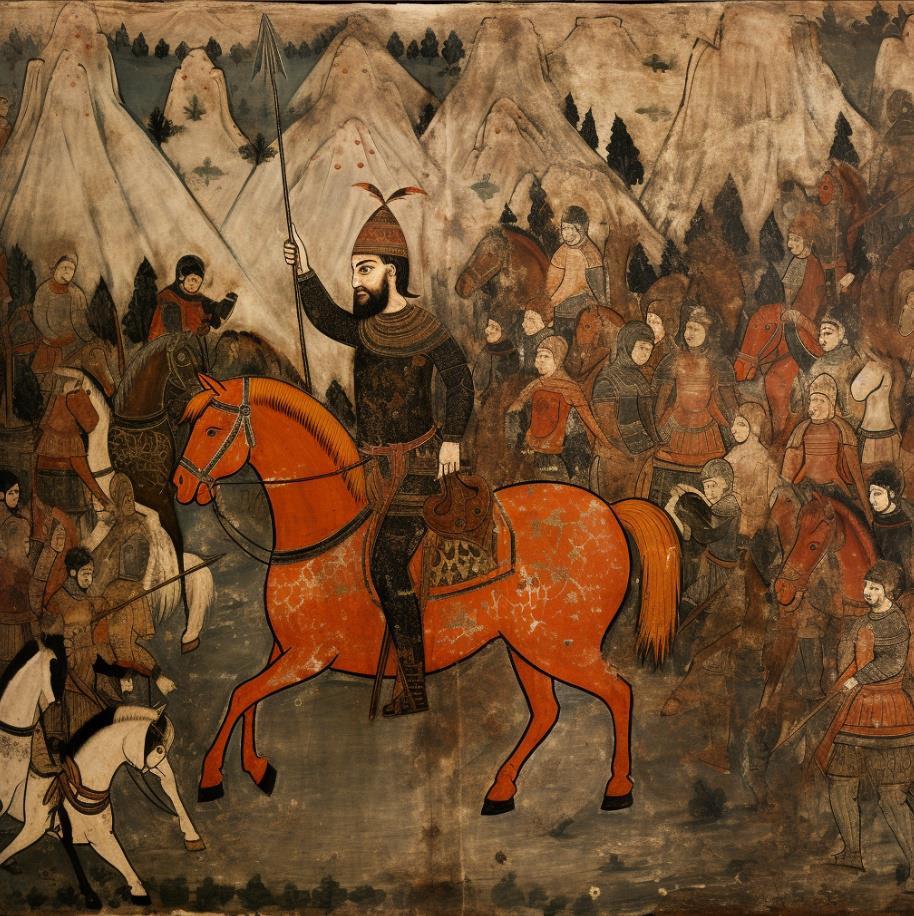

This was a brilliant move from my father for his both rewarded the man for his success but also had strategically placed him near the gedrosian desert which at that time was controlled by the great empire of the Seljuks. Thus he would be able to safeguard these lands from any potential raids or infiltrations that this ambitious empire would attempt.
In 1144, my father’s first son Samgrama was born. Only a year later in 1145, my father traveled south to press the claim he had in the lands of Ranikot. While these lands were held by the Maharaja Jayasimha the second of the Solanki Kingdom who greatly admired my father it mattered little for my father was an intelligent man and had realized that while we controlled most of the Indus river and our ships were able to make the journey towards the sea, only by personally owning lands with direct access to the sea could allow our Kingdom to reach new heights. Having a port to one of the most important areas of the Silk road and to the trade that flowed through

there would make it possible to gain new wealth to better combat the various threats that we were facing from all sides. Due to this war being short I shall not go into any further detail but let it be known that in only one year these lands were made a part of the Kingdom of Bactria
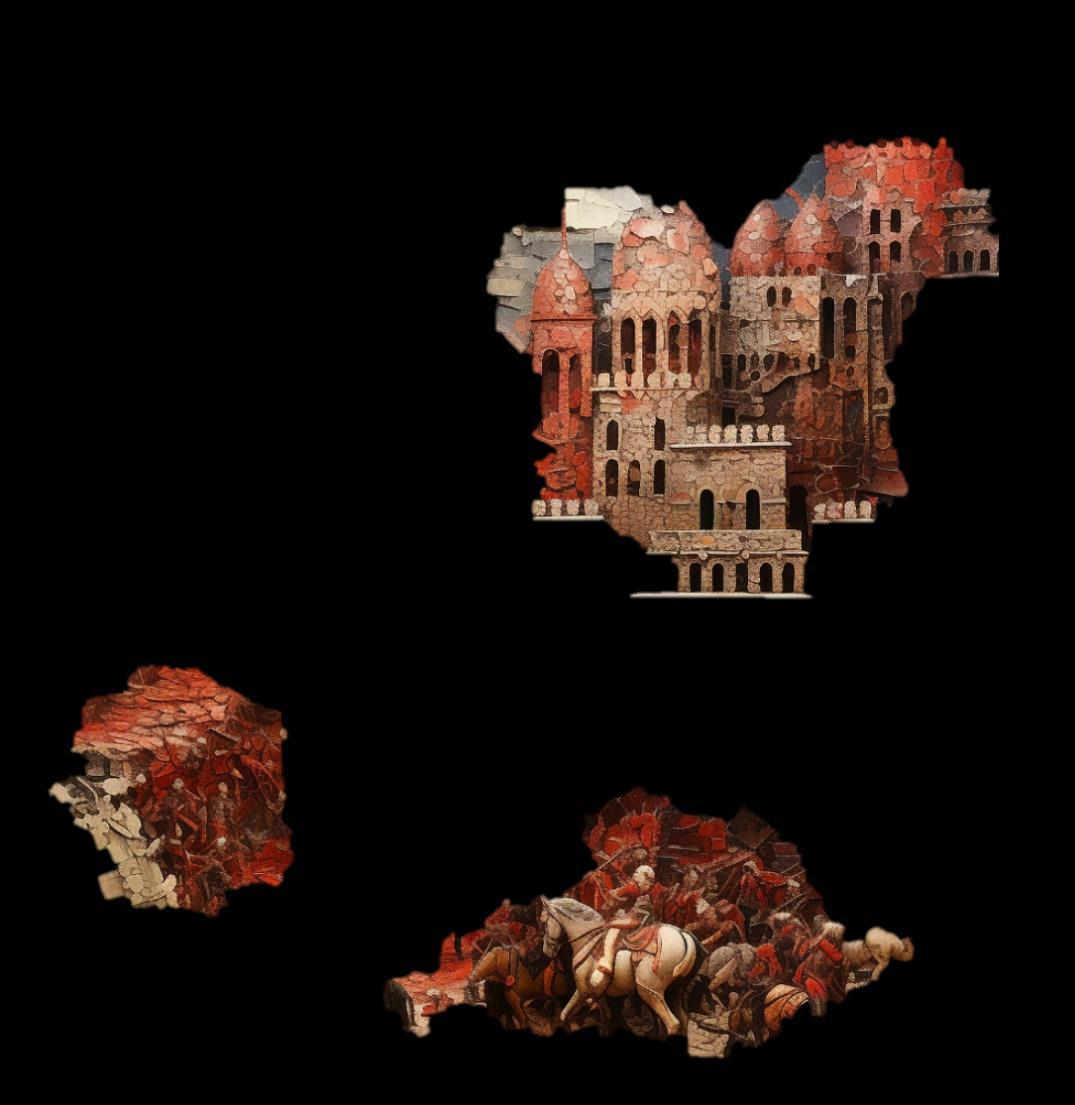



fter the war and for about 5 years, 1145-1150, the realm was at peace. The first thing on the Basileus mind were the new lands of Dipalpur. He had decided to travel with a small entourage to establish his ruleship over the land for he had decided that this area would be directly governed by the crown itself at least for a few years. He took with him a few members of the family like his nephew Utpalaka and Vigraha who was his brother and acutally the leader of the caravan. With him came also other important members of the court like the High Almoner Mang Matteski and his personal physician Lav Darel. One of the most interesting members that I must mention was Shahdokht Nazhla of the Seljuk Empire who was a ward of my grandfather and this wardship was transferred to my father. She came young to our lands and she quickly learned of our ways thus resembling more of a Bactrian than the Tajik family she had come from. The lands were beautiful and rich with many resources as they stood next the Indus river and with his generosity my father
immediately made good impressions and both the peasants and minor counts accepted his just rule.

In 1146 my father understood that it has been too much time since he went for a journey in his own realm. Ofcourse all his vassals had traveled many times to the capital to pledge their faith and loyalty to him but a proper ruler must also travel in his own lands and dispense the crown’s justice but to also make sure to the subjects lowborn and highborn that they are not serving an absentee king but one who is active and just.
The journey started from Eratosthenia and the first stop was Samanta Morad Kabirwalid of Trigarta. This area had been given many years ago to this family who have proven themselves good stewards of this area. Lord Morad was no different.
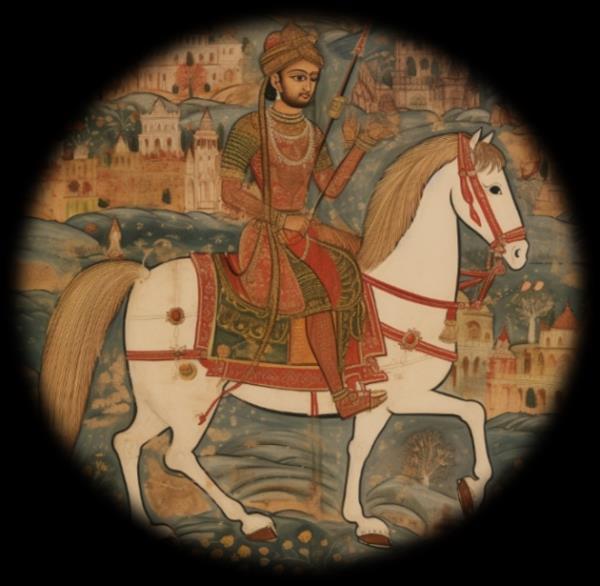
Though he was quite odd. A paranoid man who was afraid of his own shadow but had grand visions of himself. Nevertheless when my father arrived, he had prepared a welcome worthy of a Basileus. Later my father would find out that the count had hidden a small garrison of soldiers near the gates in case his “Grand Tour” was actually anj attempt to arrest the count for no reason whatsoever. It was a good feast and many pleasantries were exchanged. I shall not go into detail of the whole trip but I will note that it was successful and the relations between the crown and its vassals were improved. Even with the cadet house of Karabitenos who has proven to be quite troublesome through the years. Here i will only record the names of the vassals for I believe that even those of minor significance should have the chance to be remembered.
Samanta Morad Kabirwalid of Trigarta
Douk Laurentios Karabitenos of Multan
Samanta Petronia Kallistos of Rajanpur
Rajkumar Laxman Heliogennitos of Kabulistan
Samanta Ardavan Shaybanid of Bhera

Samanta Tryphon Hexakionites of Kasmira
Samanta Sangram Dev II Kabirwalid of Sakala

he Realm was prosperous, the people content and the vassals obedient. Yet Basileus Ashoka was not at peace. So far he has ruled wisely and nobly but something had been troubling him. He had a sense, a feeling of something dark coming in the future. Some times at night he would wake up, shaking due to an unknown fear or perhaps some illness. Many doctors and wise men had come to the palace to examine and try to cure his Majesty but none could do it for no man knew of this disease. Only two men could offer a treatment for this. The court physician, Lav Darel and the Frazad of Bhera, an acclaimed theologian advised the Basileus that this problem is caused by his negligence of the holy matters and his lack of effort towards the religiousness of his realm. Ofcourse no man could point to my father and call him a sinner or a tyrant for he was just and compassionate and held all the noble traits of a proper Buddhist. They advised him to go on a
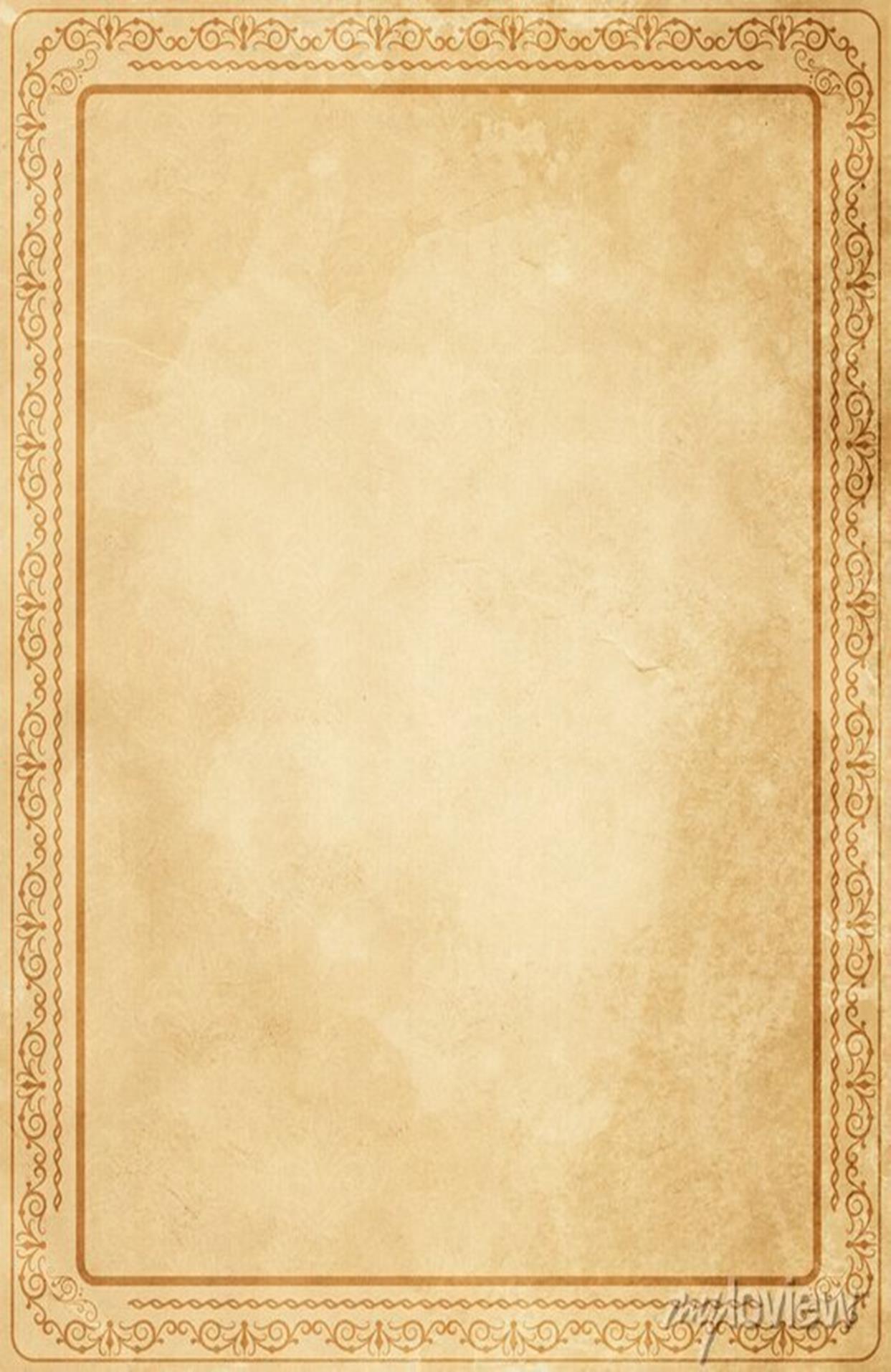
pilgrimage, to see the world outside of his realm. When his father, Menander was alive, they had gone together on the holy sites of Lumbini, since then he had not performed such a pious act. Men throughout the realm could swear that Ashoka resembled his father tremendously and by the age of 30, people would confuse Ashoka for Menander and would think that a ghost walked before them. But perhaps....this is not entirely untrue. Reincarnation is a core concept in Buddhism. Father and son preached similarly, acted similarly and hated the same things. And so it was that after the birth of my other brother Narses, my father begun his journeys. He would first journey to Bodh, the place where Buddha first achieved enlightment. The holy site was deep in India and very few if any of our people had travelled to those lands. He would have to pass through several kingdoms and rajas to reach that area. A dangerous journey to be sure but the celestial beings would surely protect one who has begun such a pious and holy journey. Moreover my father was well known to may rulers of India and the fame of our kingdom was well known all the way

to the lands of Bengal. It would be an incredible and unfortunate foolish act if anyone had dared to attack my father on such a journey for all the might of Bactria would descend to those who had commited such a heinous act
My father took with him a few followers and guards and joined one of the pilgrim caravans. Those caravans usually do have some guards with them but this time they also had royal protection with them. They begun their journey from the capital. He had requested that no large celebration or festivities to be held. This he proclaimed was a journey not to enlarge his own ego and magnificence, but to find himself and bring himself closer to the path and purpose of the Buddha. The journey was long and hard. Here I shall detail only a few key events that happened as they were passed down to me.

While traveling through the lands of Mahasamanta Achalraj “Silvertongue” a wondering buddhist hermit approached the Basileus. He saw how he was traveling and he chasticed him for his wealth.
“You bring too much with you. To achieve enlightenment, you must cast off your worldly possessions like me, and travel in naught but simple robes” My father responded as thus. You are the one in fact who is travelling in the wrong way. For it is well known that Siddharta Gautama who tried to fast and detach himself from all admitted that it was the wrong path. Moderation and the middle path is the correct road one has to take to come closer to enlightment. For a man of my station what may seem much to you and others are in fact moderation for me and those equal to me. Others above me could call me poor yet they would be in fact wrong. It is against the Rta for a king to travel in austerity. “

The Hermit, having not expected this answer, requested from my father to allow him to travel with his caravan and go together which he accepted with all his heart.
The other important event that happened in the journey was the sighting of an animal. As they were making their way to the holy sight, they suddenly were forced to stop as a giant beast was blocking the way. A boar stood in the middle of the path. The Basileus came down from his carriage and locked gazes with the boar. There was something of a knowing look on the beast’s face. As if the mind of a wise old man resided behind those feral eyes. He blinked and he continued moving. My father started following the beast. The rest of the people were looking at my father as if he had lost his mind. Following a wild beast for no apparent reason.
Eventually my father found the boar and he had met another boar in a clearing. The two approached each other but before the could meet, a blurry shadowy

figure leaped out from nowhere and reduced the poor thing to a bloody smear right in front of its fellow’s eyes.
My father pondered, what could Siddhartha have wanted to teach him by showing him this. A question that would be answered much later.
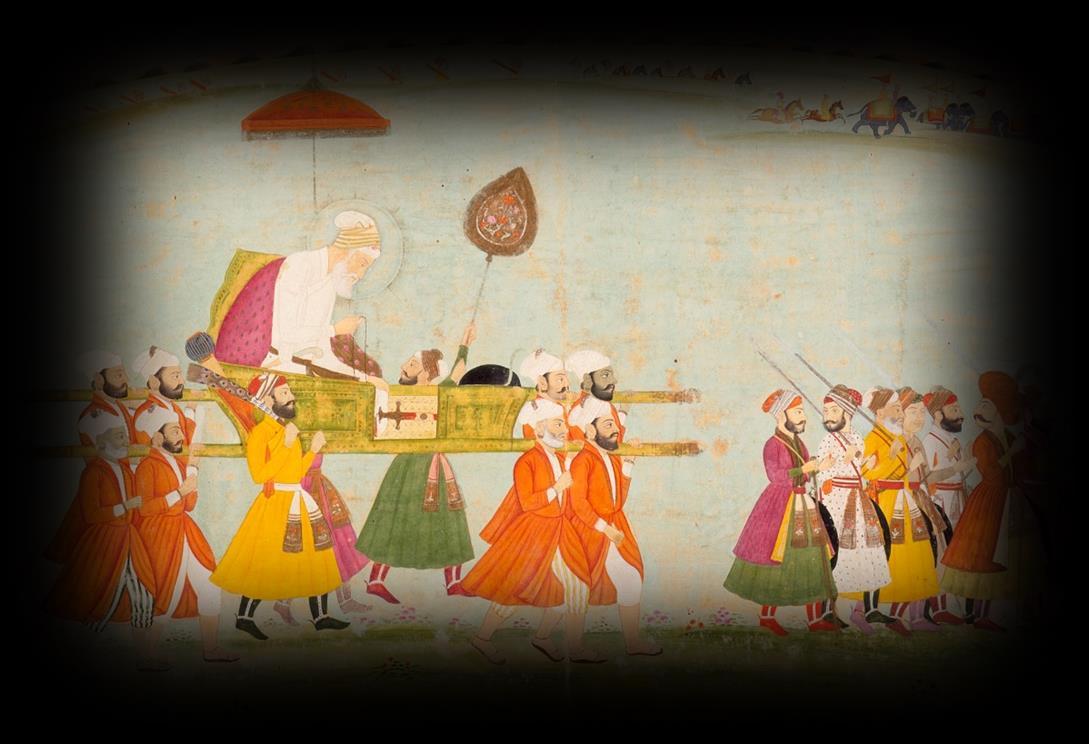
The journey took about 4 months but finally they were there. Bodh Gaya. The place where Siddhartha himself attained enlightment under the Bodhi Tree. The Mahabodi temple, which was constructed had started around the sacred tree by Ashoka the Great has been atracting pilgrims from all over the world and the prosperity of the land was evident. The area
 was ruled by Maharaja Jitendranarayan Pataliputrid
was ruled by Maharaja Jitendranarayan Pataliputrid
who had built a strong kingdom in his own right. He was a well known pious buddhist and had taken great care to make the pilgrim roads safe for all buddhists. There, my father met with many wise men of the Buddhist faith. But ofcourse not only of our branch but from others aswell. The Theravadas of the lands of Burma, the Nangchos beyond the Himalayans and the Vajrayanas of Northern India. Great Discourses took place and many intellectuals but also nobles were there. This proved an opportunity not only for spiritual enightment but to also cultivate and learn more about the different cultures and kingships that dominated the land.
It took many years, but Basileus Ashoka had managed to travel to all the great Holy sites of our faith. He learned and walked the same path that the Buddha had taken for his enlightment and in these journeys he learned much. But perhaps most important of all he witnessed many things that drove him to question the Mahayana faith. Commoners and

nobles alike pretending to abide by the advice and wisdom that the Buddha had shared with the world, only to disregard them when it suited them. The Buddha had preached carnal pleasures and the hindrance they bring towards enlightment. Yet many Buddhism tolerated such acts. The Moderation that the Buddha preached could not be found in many places and even those who were traveling to holy sites would arrive with great caravans, flaunting their gold and prestige, attempting to overshadow the magnificence of the same place they had come to pay their respects. These and many errors in the faith had my father seen and troubled him much. When he returned Home he did not only take council from indian and eastern scriptures. He had access to ancient greek texts regarding truth, honor, compassion, and legality. Philosophy and what it means to be a human and many other texts from the great Socrates and Plato. He studied the works of the teacher of Alexander the Great himself Aristotle. Metaphysics, Hylomorphism. The works of Physics and On Generation and Corruption mixing with the karma system of Buddhism. It was almost as if the great Hellenic minds and thought were able to

wonderfully mix and unite with the thoughts of Buddhism and its principles.These journeys combined with the vast treasured knowledge of our Hellenic ancestry in our libraries, would be the catalyst to what would unfold next.
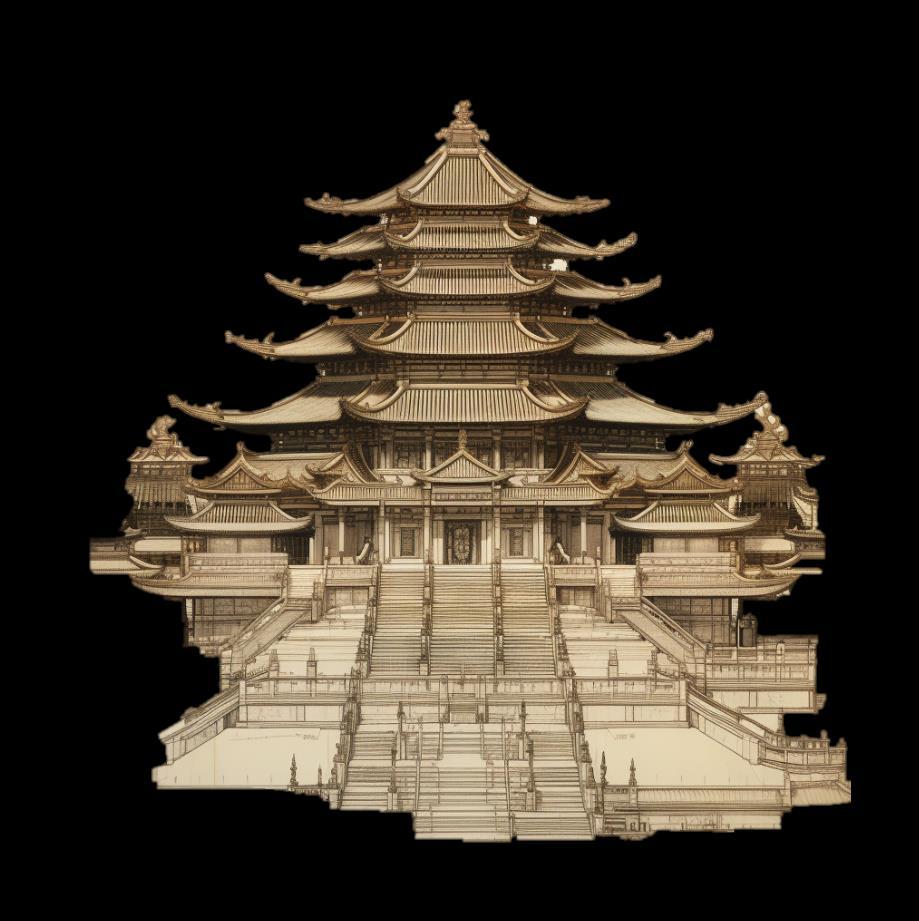
I shall write here a footnote of my own birth which occureed on 2nd of May 1158


One day, my father had decided to travel to the remote lands of Bamian. That land where the magnificent giant statues of the Buddha stood. Since our conquest over those lands, the buddhist population has once more risen and it has become another pilgrimage site for many buddhist. There he found a remove cave well hidden by eyes. Above the cavere there was a great tree and its roots penetrated inside the cave, almost forming something resembling a seat on the ground made of roots. He went inside and his guards stayed outside to protect the entrance. For two straight days my father was inside. One of the guards went inside to check on him and he returned to his post, pale and without uttering a word. When my father came outside, he spoke with a voice not of his own. The guards had no idea to whom that voice belonged to. Basileus Ashoka, despited not having eaten or drunk anything for two days appeared magnificent. Shining with a gold radiant aura. This was no longer just a Basileus. He was a Boddhishatva. He came out and spoke

“It is done. I have been shown the truth and the rror of the ways of the many and the wrong path the Sandha has taken. We return home. We gather as many priests as we can. Send messengers to all monasteries and towns. Command them all to come to Eratosthenia. There, the truth shall be revealed.”

To this day neither I or anyone else knows what happened in that cave. But it was the day the Yonadharmayana was born. The truest path to the enlightment
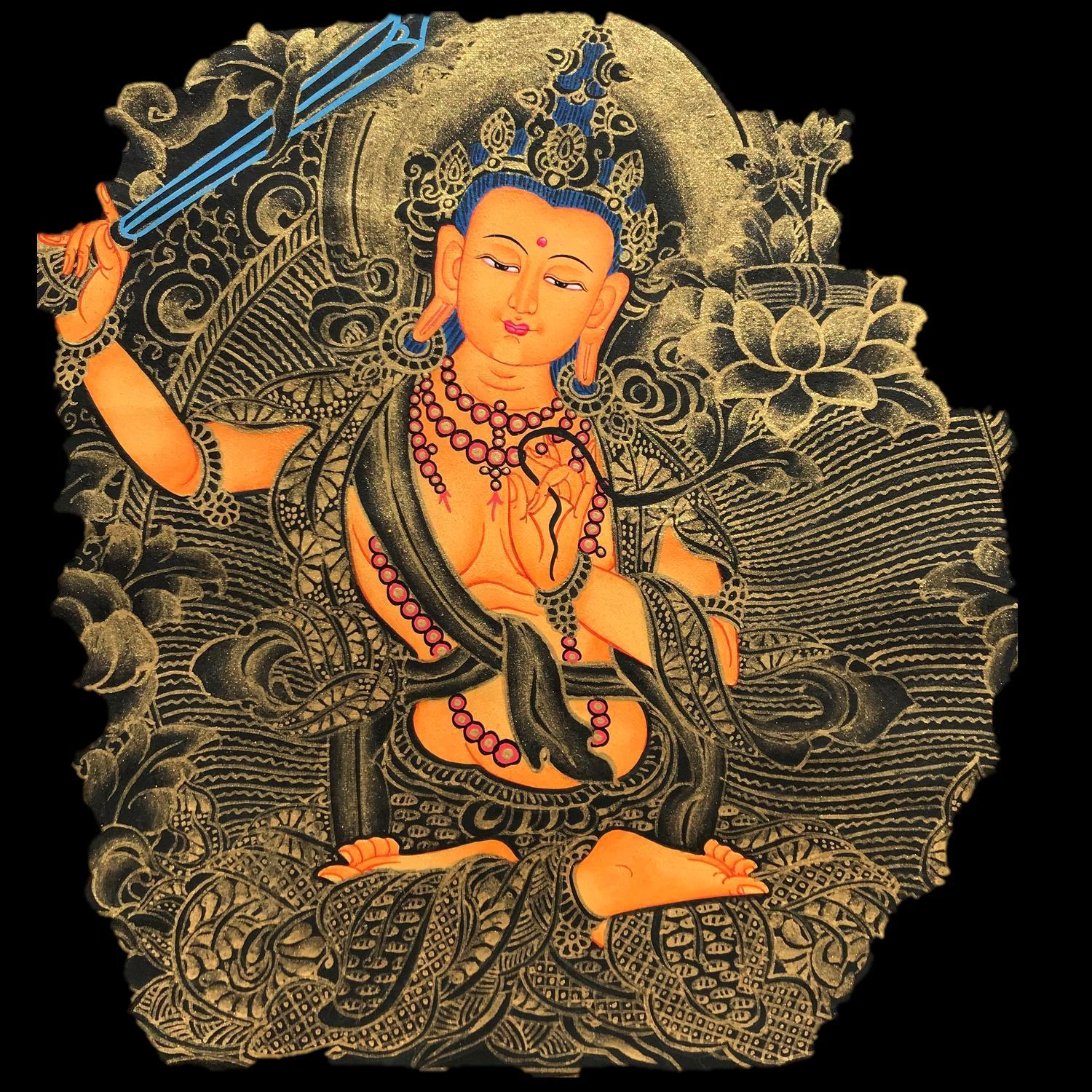
All minor and major religious figures came to the capital. Both abbots of humble temples and those of grander ones. Peasants, and nobles alike had gathered at the capital. The city was organized in such a way to funnel all of them exactly where the Basileus wanted. To place that he would be able to see them all and all could see him. There he revealed the truth as it was revealed to him. Many historians have recorded in detail all the tenets but here I shall record some of the most important ones
“Know that the most important points of this life in earth is the Majjhimāpaṭipadā. One must not be in the extremes of this path. Neither extreme indulgence should be sought after but do not act in ways of self mortification either. Like the Buddha himself starved himself to remove his self from the mortal delights. But in his infinite wisdom he realised that starving oneself is not the correct path to enlightement. The mind neither the body can focus on what is truly important when they are both occupied with the necessary procedures of living such as food and water. You should be filled yet not bloated.”

“When it comes to man and woman, the Buddha said "women are equally capable of reaching the highest levels of spiritual enlightenment as men" thus do not dear to act or speak in ways or using tongue that is inferior towards women. The female Sangha is as important as the male Sangha. Dare not speak ill towards a woman only because you are a man for you are not more important than her. In the same way women, do not treat men as inferior. You have your own important tasks to do and they have theirs. In the eyes of the world we are one and the same.”
“Many in our lands practice polygamy, Both buddhists, hindus and muslims have this practice. It has been revealed to me that this path is wrong. This practice goes against the middle path and one man must have a marriage with only one woman. Many women is a sinister path towards lust and becoming obsessed with the physical. But do not take this attachment and bonding between one and one as a

prison. If a husband and wife really cannot live together, instead of leading a miserable life and harboring more jealousy, anger and hatred, they shall have the liberty to seperate and live in peace”
“When it comes to acts of sexual relations, this is one of the greatest crimes. One who performs sex outside marriage has removed himself from the noble middle path and part of the Ānantarya Karma. One who performs any of the Anantarya Karma will surely be obliterated brings upon himself immediate disaster”
“When It comes to the appointment of the clergy, no person is more able to achieve nirvana than the other. The greatest and strongest king might never achieve this but the humble fisherman, leading a pious and generous life will be able to achieve this. I have been chosen to lead the Sangha and with the noble scriptures and the good Bhikkhus we shall usher a new era of proper and pious buddhism. The words and scripts of the Buddha shall be respected by everyone.”


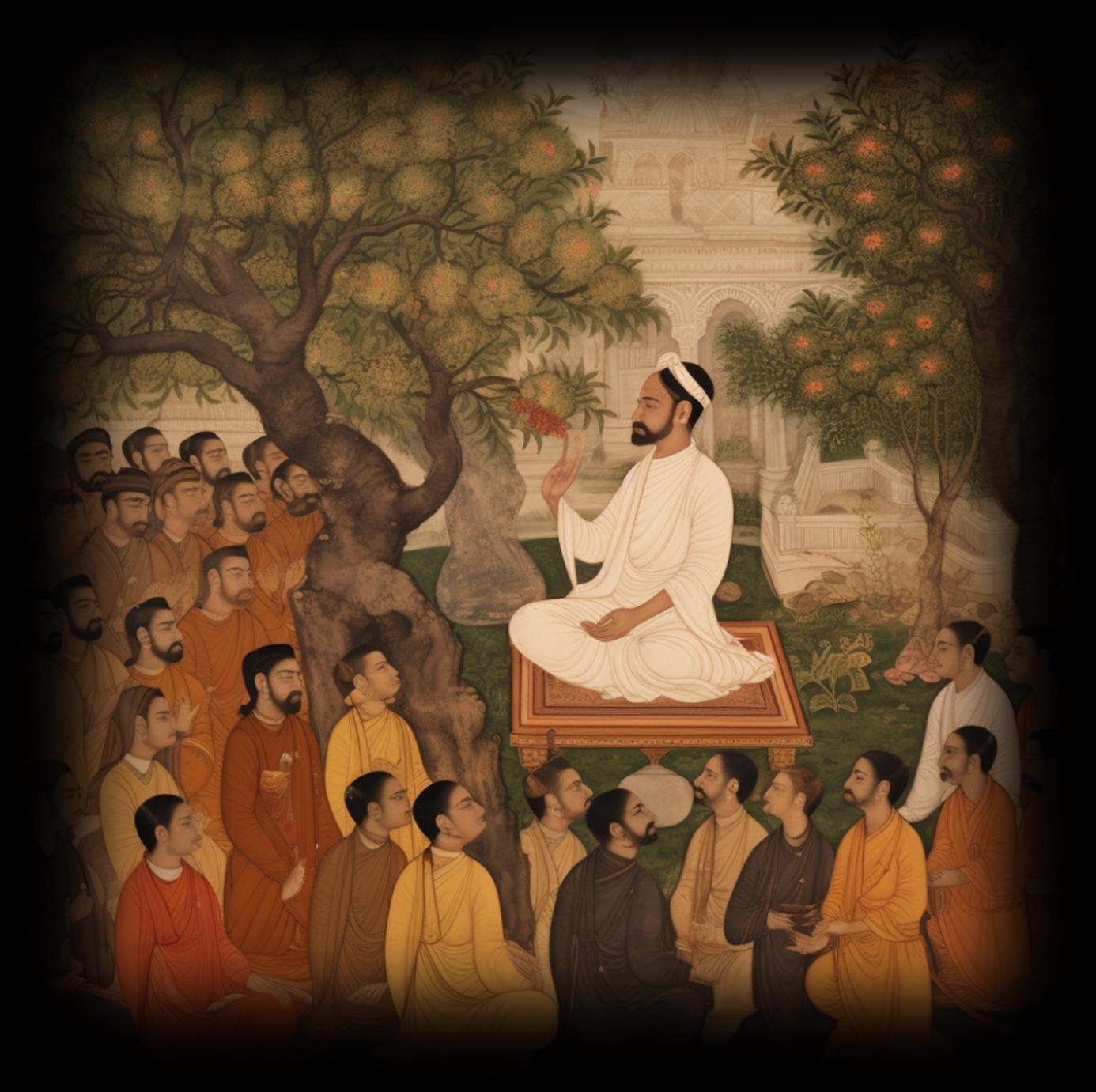

y father continued to rule wisely and with great diligence. Very few men in the realm were not loyal or joyful to serve under such a man. Yet tragedy struck as all. In 1165 during a hunt, an accident happened and he struck his head on some rocks. This awful accident was kept secret from the public for it was not proper or just for such a man to be seen in such a state by his devoted and caring subjects. The people were told that my father was inside the palace in his room, studying ancient tomes and devoting himself to his studies. As reagent, my good brother
Samgrama would take the reigns. He was a good compassionate reagent yet he paled in comparison to the art of governship and ruleship of my mother
Sundaridevi. Although one could find her sometimes in her private quarters in much distress and great sadness, when she was infront of everyone she knew how to act. Even from the start of their marriage, my mother did not sit idly by. She would not just be a simple wife. She would be a proper queen, When my
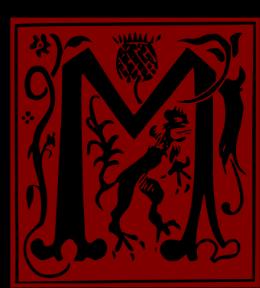
father had this accident she moved forward, taking many tasks my son was too timid or shy to approach, meeting with vassals, settling up treaties, handling disputes and many others. I am grateful that even now after so many years I am able to seek comfort and wisdom to her warm hug. She has remained while so many others have left.


In 19th August 1172, my father, Basileus Ashoka
“The Divine” Heliogennitos, Boddhishatva of the Buddhist Faith, passed away. In his will he had written that it was his wish for me to take the throne. My older brother, kind and gentle and loyal agreed with this and with much elegance he did not revolt, or complain, or scheme, or plot or do any other similar vile act in pursuit of dastardly ambitions. My other brother, Chand, had been long ago disinherited by my father for his cruel and vile acts. Now I was Basilissa Alexia, for I had not yet taken the name Hippolyta, of Bactria and my life shall be revealed in the pages to come.